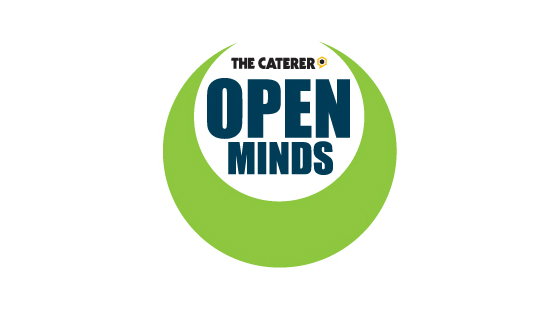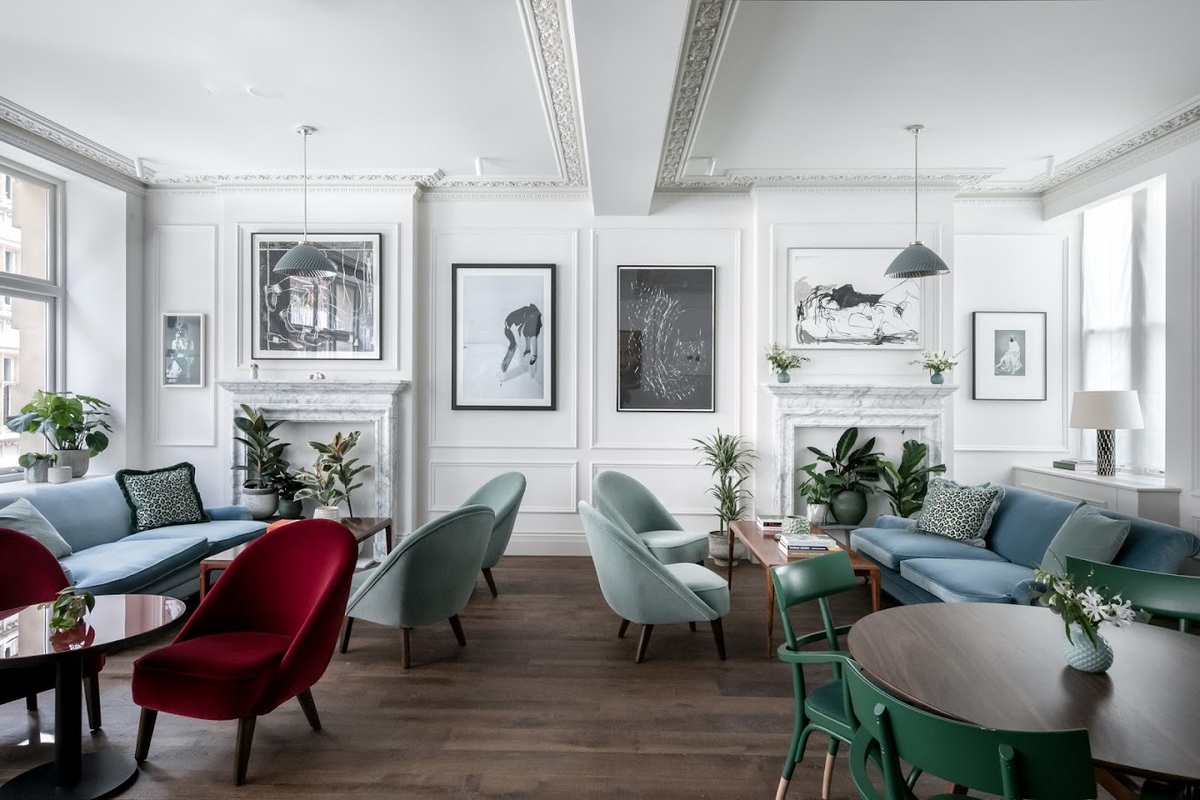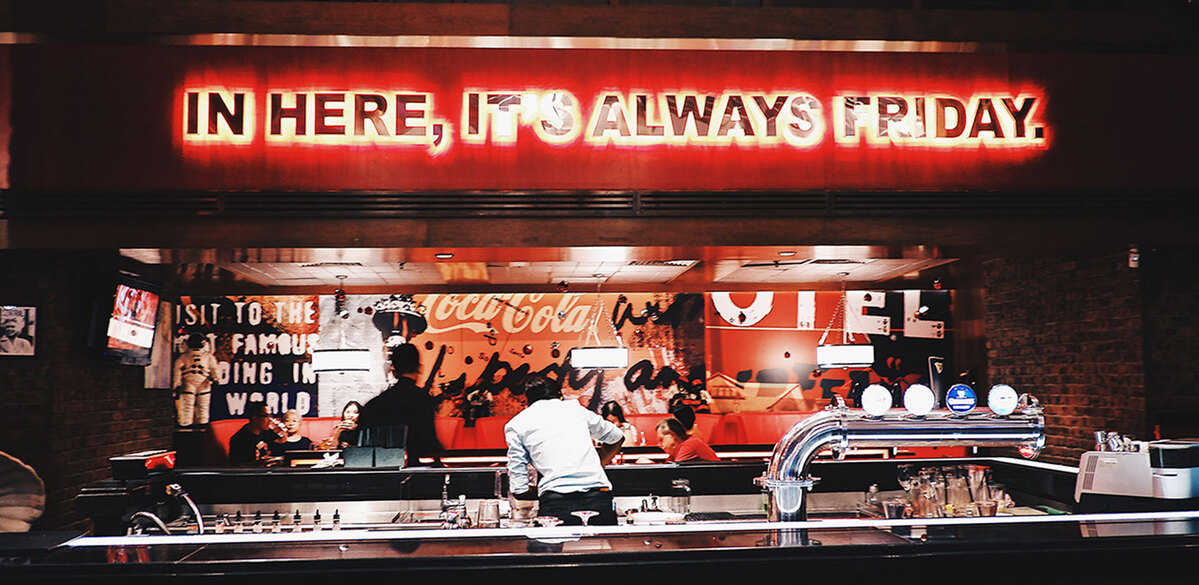Viewpoint: Reassess your attitude to mental health
Create an environment in which hospitality mental health concerns are as valid as a broken leg, and you might just save someone's life, says Mark Lewis
"I told my head chef I was suffering with depression. He told me to take another Prozac and shut up."
This conversation, reported first-hand to me, sums up the response of too many hospitality managers to mental health problems across their teams. There's an enduring lack of societal empathy towards mental wellness. Symptoms of physical health problems are plain to see: burns to the hands, a broken leg. But when mental ill-health strikes, the symptoms are often invisible.
Hospitality workers regularly weather a perfect storm of stress-inducing influences: pressure; long hours; split shifts; adrenaline peaks and crashes; the need to wear your ‘game face'; having to guard against negative reviews… Pressure is worn as a badge of honour. Little wonder, then, when pressure graduates to stress and mental wellness is stretched to snapping point.
When problems strike, embarrassment or shame prevent too many people from admitting to them. There's also the worry that doing so might delay that next step up the ladder. Who wants to promote a flakey employee, right?
Against such a landscape I applaud The Catererâs focus on the mental wellness imperative. Managing your teamâs stress levels is important for two reasons. First, keeping its workforce healthy and happy is the right thing for a caring and enlightened employer to do. Second, a healthy and happy workforce is also a work-ready and productive one. Stress can result in high sickness absence, high staff turnover, low morale and under-performance.
Research findings reported elsewhere in this magazine make uncomfortable reading. We recently conducted research of our own. Asked if their job was stressful, a worrying 80% said yes, sometimes or most of the time; and 51% â" more than half! â" described their job as stressful most or all of the time.
Consolidating our research and The Catererâs, take any 10 of your employees, and seven of them either have or have had a mental health challenge â" while eight of them are regularly experiencing stress. Itâs a toxic mix and something needs to change.
Employers need to do two things. First, create an environment in which hospitality mental health concerns are as valid as a bad back or broken leg. Our research suggests progress is being made: 56% of respondents said employees are more likely to discuss mental health issues with employers than previously. However, the other 44% used vocabulary like âstigmaâ, âtabooâ, âweakâ, âembarrassedâ, âmachoâ, âbrutalâ, âscaredâ and âmilitaristicâ. Maintaining a culture where these words apply is unacceptable.
Second, take proactive steps. Hospitality Actionâs Employee Assistance Programme offers one route. It offers a comprehensive suite of employee welfare benefits, providing specialist, independent and confidential advice and support, 24 hours a day, 365 days per year. The annual per-person cost of £5 equates to 45 minutesâ labour on current minimum wage.
But thatâs only one answer. Look to your systems, policies and benefits. Create better lines of communication between managers and employees. Train managers to spot and deal with mental health issues. Hold mental health awareness days.
When you close this weekâs issue, I urge you to make a pledge that youâll reassess your attitude to mental health. Do this, and you might just save someoneâs life.
Mark Lewis is chief executive of Hospitality Action, the industryâs charity
TO READ THE CATERERâS FULL MENTAL HEALTH IN HOSPITALITY REPORT, DOWNLOAD YOUR FREE COPY HERE
Or read the rest of our special issue on mental health in hospitality industry:
â¢Â Mental health in hospitality: the results of our survey on mental health at work
â¢Â Keep an open mind: hospitality professionals share their stories about mental health
â¢Â The Caterer interview: Andrew Clarke, chef at St Leonards and Brunswick House, on his personal journey out of depression
â¢Â How to… support team wellbeing
â¢Â This much I know: Simon Boyle, chef and founder of Brigade Bistro, London
â¢Â Better business: innovative ways to support your staff with their mental health at work




















